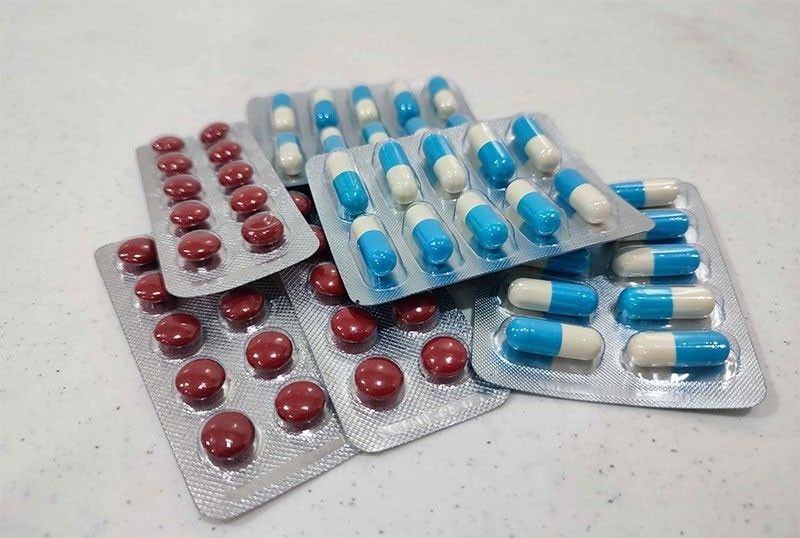Government seizes P28 million fake medicines, health products

MANILA, Philippines — The government has confiscated P28 million worth of fake medicines and other health products as of September under a campaign led by the Food and Drug Administration (FDA) to step up efforts against counterfeiting in the health sector.
According to the Intellectual Property Office of the Philippines (IPOPHL), the counterfeit medicines and health devices were intercepted by the FDA under its Oplan Katharos initiative launched in November last year for the detection, seizure, storage and responsible disposal of counterfeit, unregistered and non-compliant health products.
Of the P28 million worth of goods confiscated by the government, the IPOPHL said counterfeit drugs accounted for the bulk amounting to P21.9 million.
Food products placed second with an estimated value of P5.2 million.
The haul for cosmetics and household or urban and hazardous substances was valued at over P711,000, while health devices amounted to more than P142,000.
“Through coordinated operations and strict enforcement, FDA agents have seized a range of illicit items that threaten the safety of Filipino consumers. Each seizure represents a victory in our mission to ensure that only genuine and safe products are traded in the Philippine market,” IPOPHL director general Rowel Barba said.
IPOPHL is the acting chair of the National Committee on Intellectual Property Rights, which is composed of 15 government offices including the FDA. It is responsible for the formulation and implementation of plans and policies to strengthen the protection and enforcement of IPR across the country.
“The FDA assures that traders and manufacturers of fake medicines will be prosecuted to the full extent of the law,” FDA director general Samuel Zacate said.
With the Philippines cited by a US Trade Representative (USTR) report as one of the sources of counterfeit medicines distributed globally, he said the FDA “would continue to work with IPOPHL and the NCIPR with hopes of finally uncovering the truth and possibly putting an end to the accusations that damage the country’s reputation.”
In its Special 301 report released in April, the USTR used as basis for the claim a study by the Organization for Economic Cooperation and Development and the European Union IP Office, which referred to countries like the Philippines as provenance economies or as either a source or a transit point for fake medicines.
For his part, Pharmaceutical Security Institute (PSI) regional director for Asia Pacific Ramesh Raj Kishore said working with IPOPHL has showcased how the Philippine government partners with various stakeholders disrupt criminal networks and raise public awareness in avoiding counterfeit medicines.
“From pharmaceutical manufacturers to retailers, all must work in concert with law enforcement agencies in order to detect and prevent the integrity of the supply chain from being corrupted,” Kishore said.
Founded in 2002, PSI, which has 37 pharmaceutical manufacturer-members from various countries, aims to protect public health by sharing information and taking action against pharmaceutical counterfeiting.
Since the signing of a memorandum of understanding, the IPOPHL and PSI have successfully exchanged intelligence that have led to large volumes of counterfeit pharmaceuticals seized in Philippine ports.
“In PSI’s Open-Source Intelligence Report, there has been no evidence to suggest that counterfeit medicines are manufactured in the Philippines but rather detained in transit and/or upon import,” Kishore said.
He also said the PSI commits to continue working with the Philippine government in sharing vital intelligence, resources and expertise to help ensure only legitimate pharmaceutical products are sold in the market.
- Latest
- Trending
























